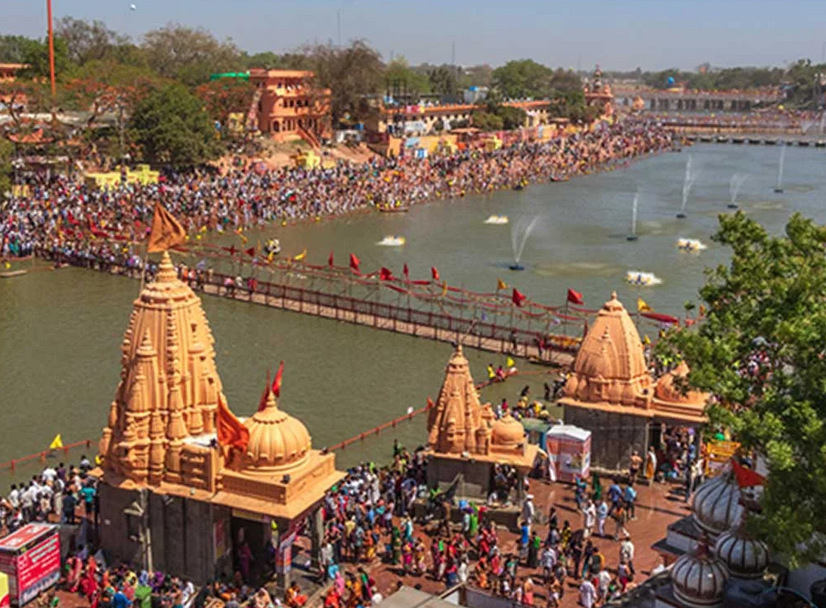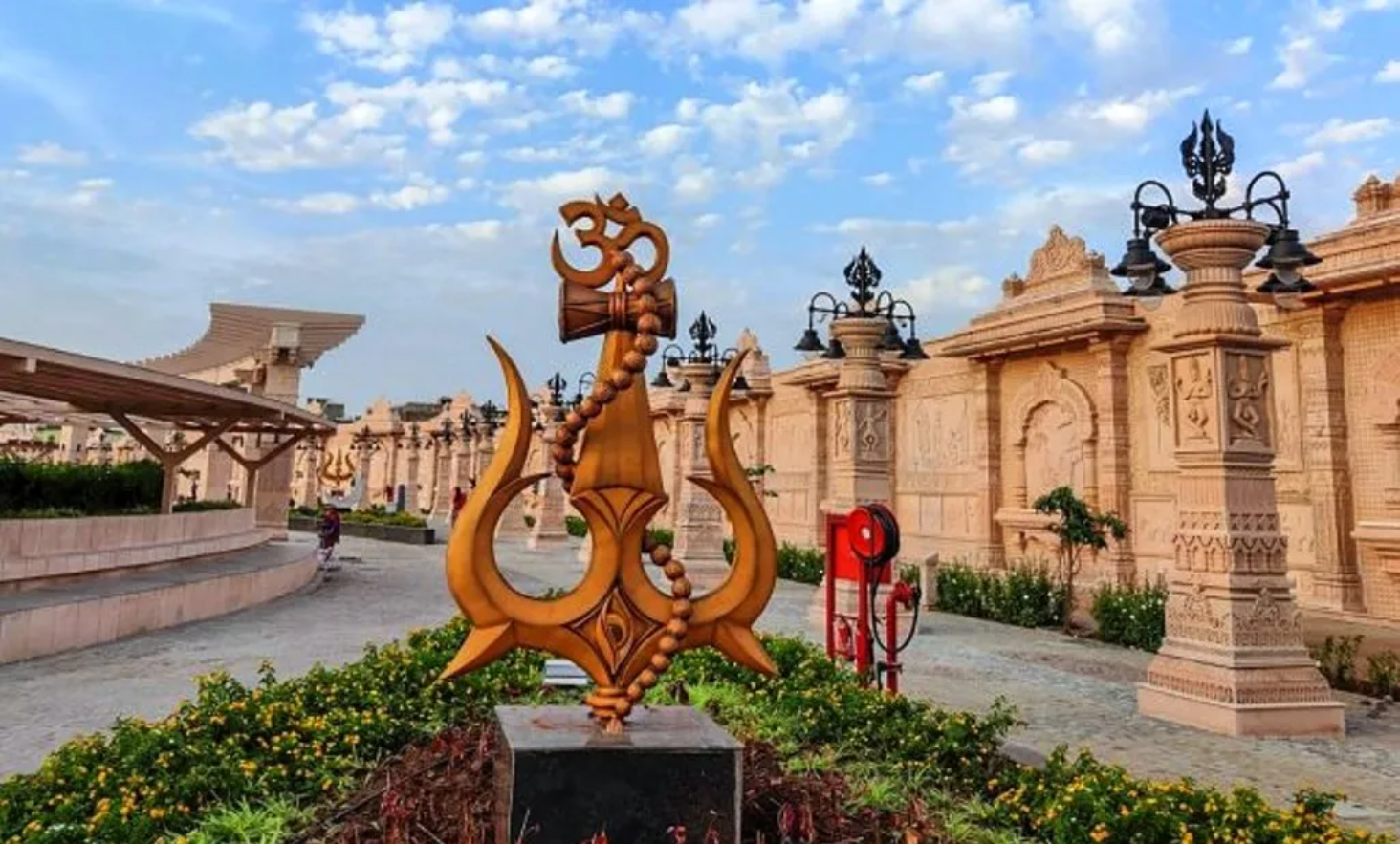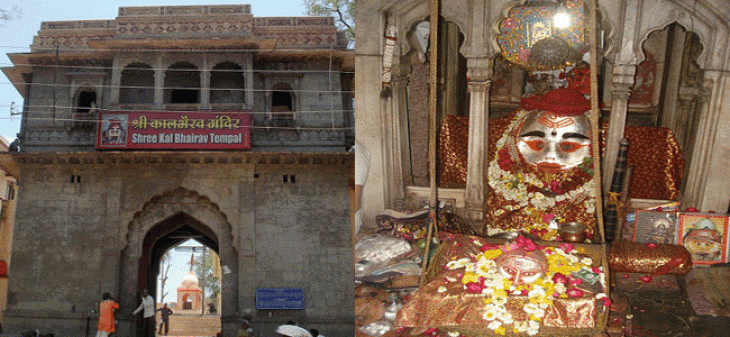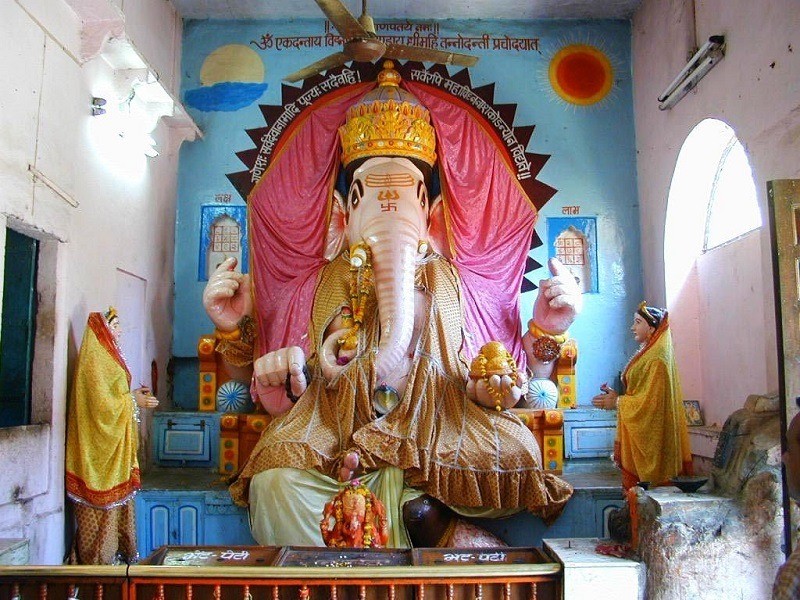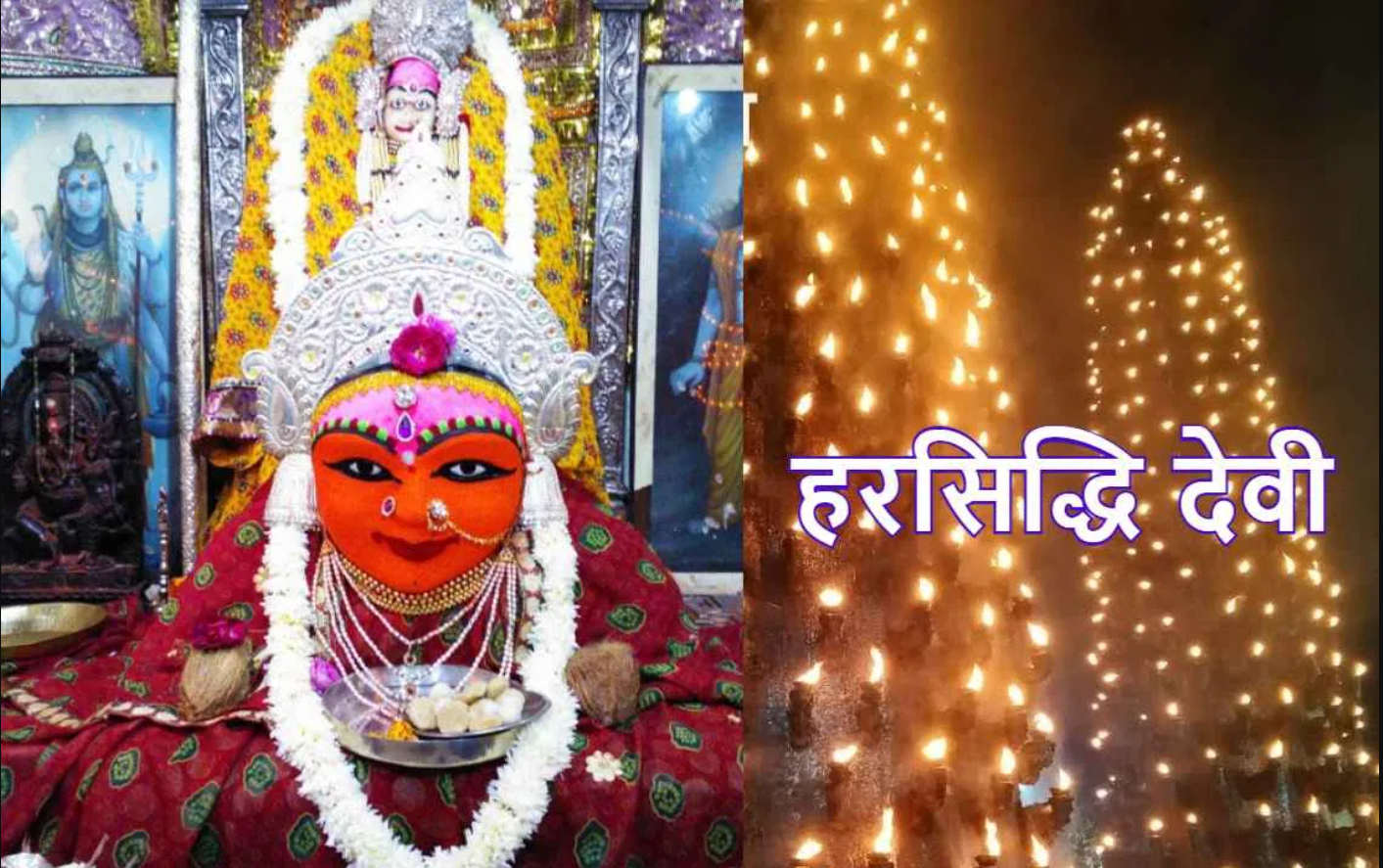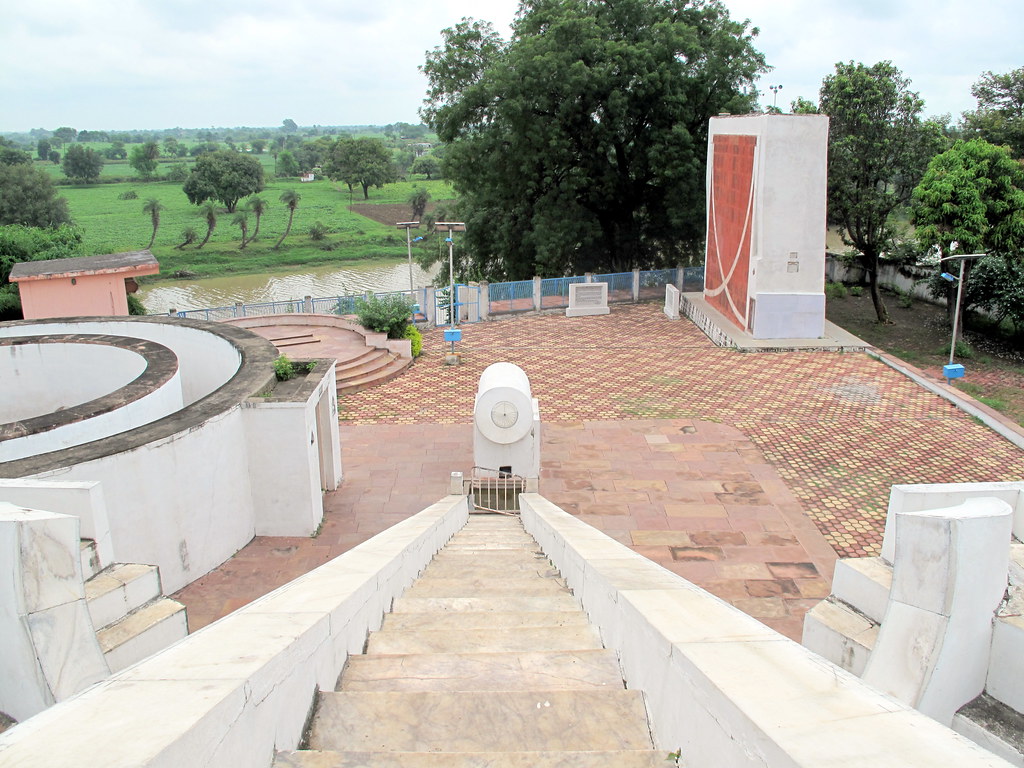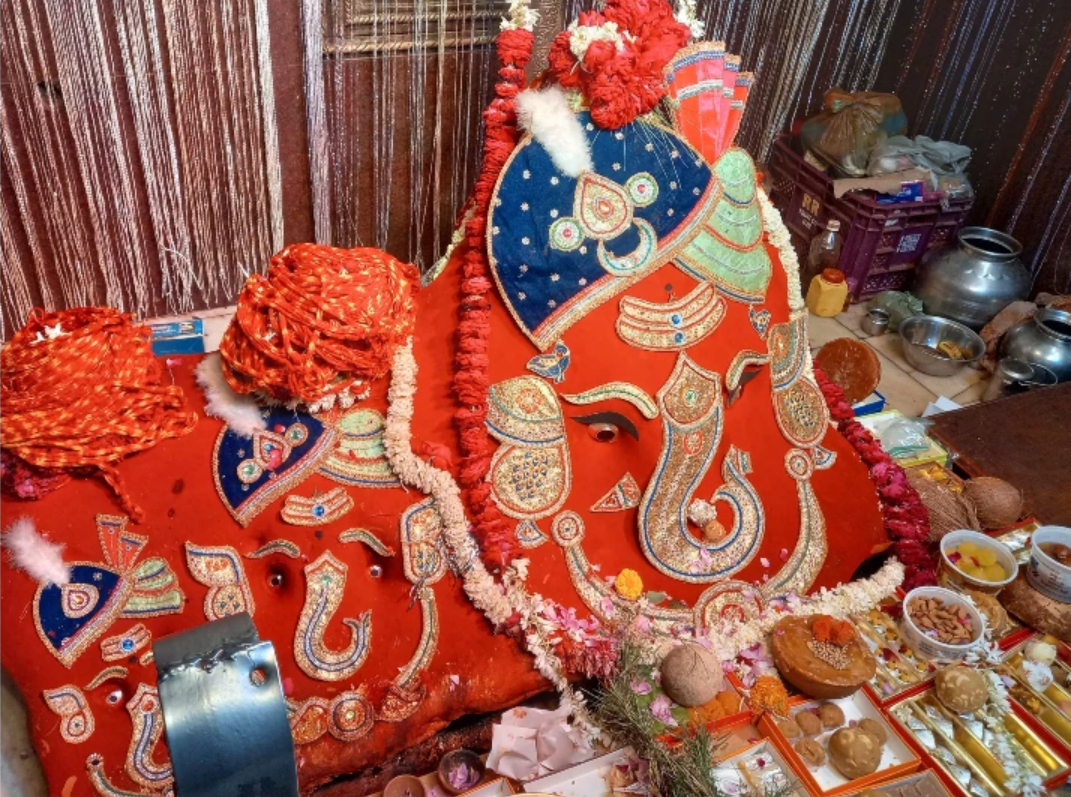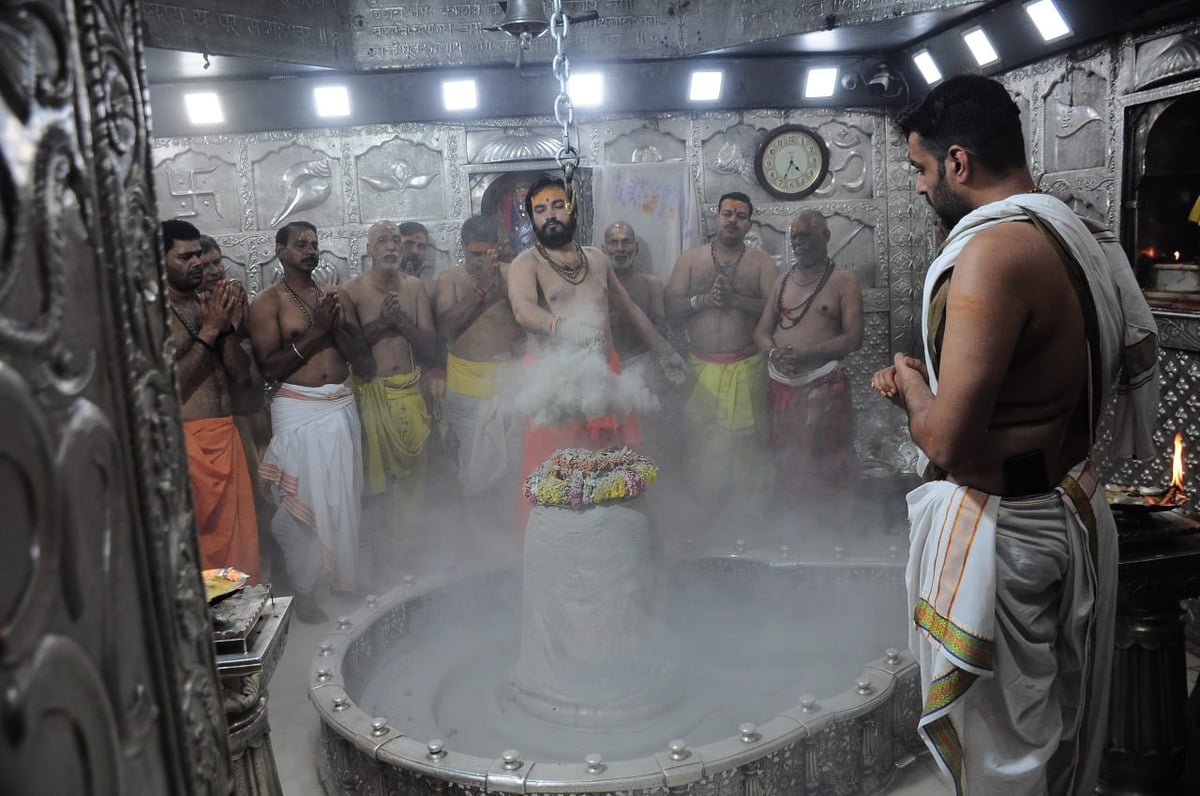Bhasm Aarti is a significant ritual performed primarily at the Mahakaleshwar Temple in Ujjain, one of the holiest temples dedicated to Lord Shiva in Hinduism. The term "Bhasm Aarti" translates to "The Ritual of the Sacred Ashes" (bhasm means sacred ash, and aarti is a form of worship involving light offerings).
During Bhasm Aarti, sacred ash, or vibhuti, which is symbolic of Lord Shiva, is used in the ritual. This aarti is usually performed in the early morning hours before sunrise. The ritual involves the following key elements:
- Preparation of Ashes: The sacred ash, which is often collected from the sacred fire, is prepared and placed on a plate.
- Offering to the Deity: The priest applies the ash to the Shiva Lingam (a representation of Lord Shiva) and performs the ritualistic aarti, which involves waving a lighted lamp (usually ghee lamps) in a circular motion before the deity.
- Chanting and Prayers: During the aarti, hymns and chants dedicated to Lord Shiva are sung, and prayers are offered to seek blessings and divine grace.
- Dress Code: Devotees who wish to participate in the Bhasm Aarti are required to wear specific attire, usually a dhoti for men and a saree for women. This dress code is enforced to maintain the sanctity of the ritual.
- Devotee Participation: Devotees gather to witness the ritual and offer their prayers, often receiving a small amount of the sacred ash as a blessing.
The Bhasm Aarti is not only a display of devotion but also symbolizes the transient nature of life and the purification of the soul. It is a deeply spiritual experience that reflects the essence of Lord Shiva, who is known for his association with ashes and the concept of impermanence.

